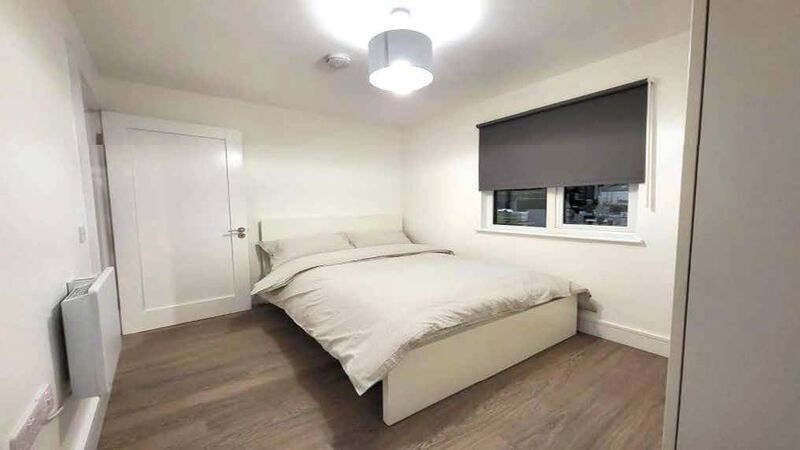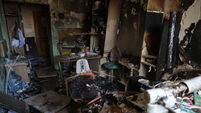First modular homes for Ukrainians fleeing war will not now be ready until June

An example of the type of rapid-build housing announced by the Government last June to shelter some 2,000 Ukrainians fleeing war. Picture: Department of the Taoiseach
However, the projects have been dogged by delays and opposition from some local communities with a number of protests held outside earmarked sites.













